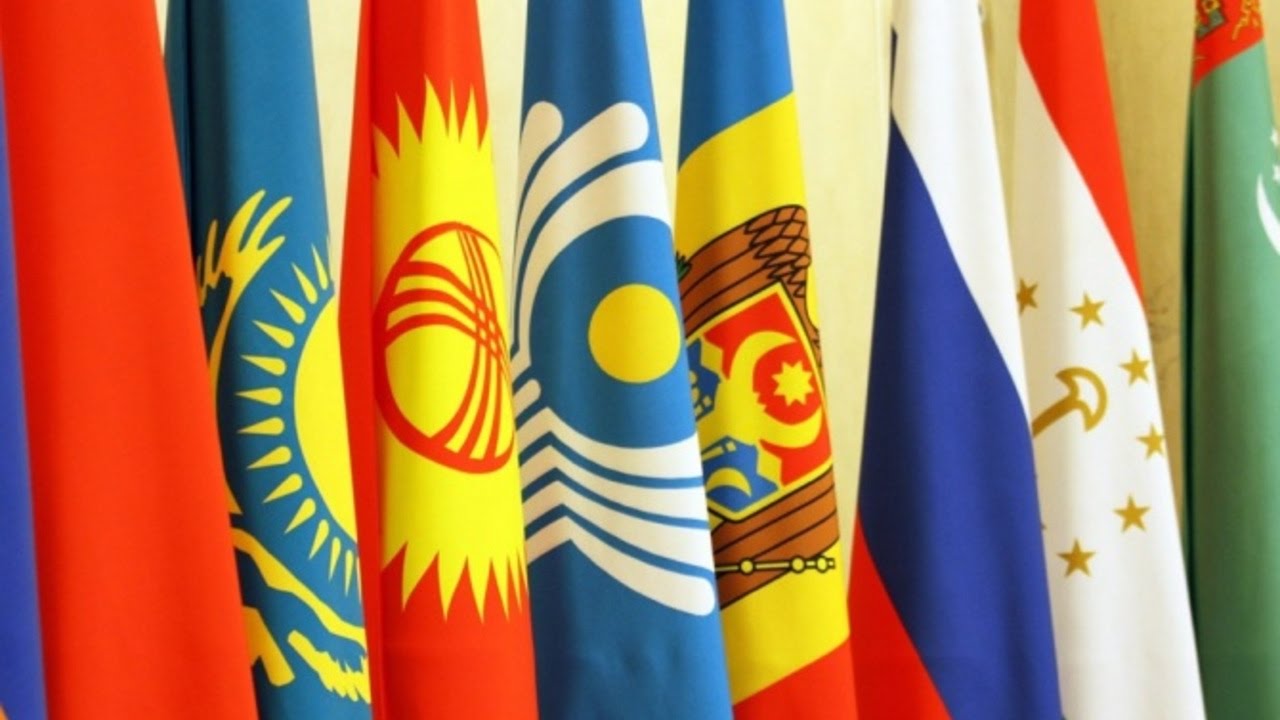Belarus attempts to enhance her role in post-Soviet integration bodies
 The situation has not changed
The situation has not changed

Last week, Belarus’ relations with Russia both, multilateral (the EEU and the CIS) and bilateral, were ambiguous. On the one hand, interactions with Russia within the post-Soviet integration projects has strengthened cooperation, but on the other, it has not resolved the conflict of interests and has not yet brought the parties closer to solutions.
Lukashenka’s proposals during the Summits in Sochi mainly aimed to expand the instruments of influence within the framework of post-Soviet associations. In particular, he spoke in favour of clarifying the functions of the CIS bodies and reducing their funding, in particular, the CIS Interparliamentary Assembly. In general, Lukashenka promotes the pragmatizing and concretizing of post-Soviet associations. On some issues, the Belarusian president sided with the president of Kazakhstan.
Belarus is frequently appealing to the EEU bodies, in particular the Eurasian Economic Commission, which sometimes is more efficient than attempts to resolve the conflict of interests within the bilateral framework. In addition, within the EEU framework, the Belarusian authorities are often protecting interests of domestic producers and resisting potential conflicts, such as, for example, restrictions on the import of sugar. At the meeting of the EEU Supreme Council, the states have decided to synchronize digital economies, to strengthen the role of the Eurasian Economic Commission on the EEU cement market; to interact in space and to support exports from the EEU.
That said, the Eurasian Stabilization and Development Fund has approved the fifth USD 200 million tranche of the loan to Belarus if the two conditions are fulfilled: privatisation of at least 20 republican state enterprises and assuming an obligation to set the deadline for approval of the law on insolvency and bankruptcy.
Overall, summits in Sochi have not moved beyond protocol activities; there was no progress in bilateral relations either; as before, lingering issues are likely to be resolved closer to the year-end and in a more conflict-ridden way.
Subscribe to our newsletter




Situation in Belarus
Constitutional referendum: main consequences


 Video
Video
How to count the political prisoners: are the new criteria needed?


 Video
Video
Paternalism In Decline, Belarusian Euroscepticism, And The Influence Of Russia


 Video
Video












